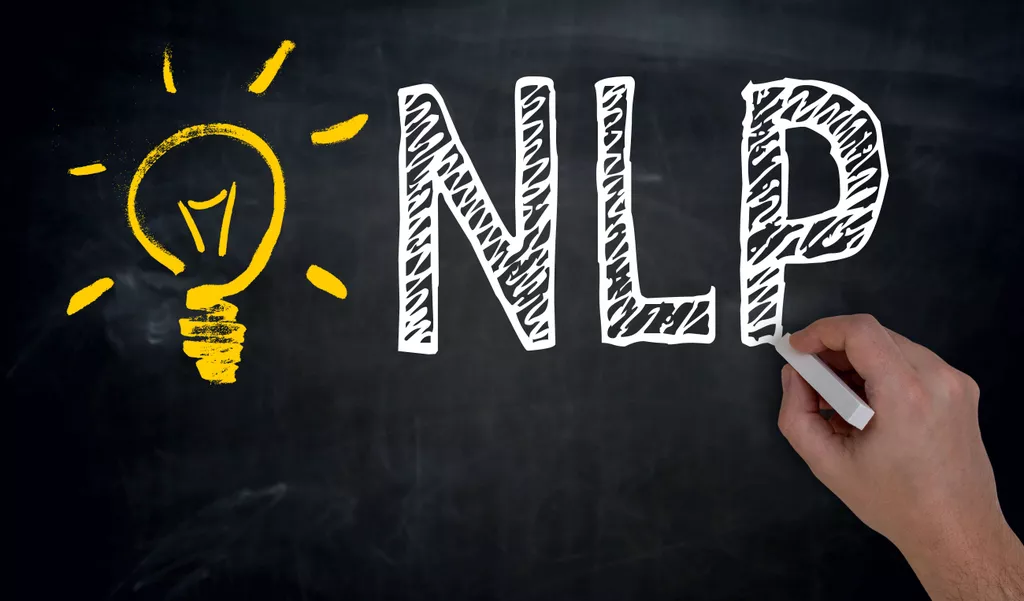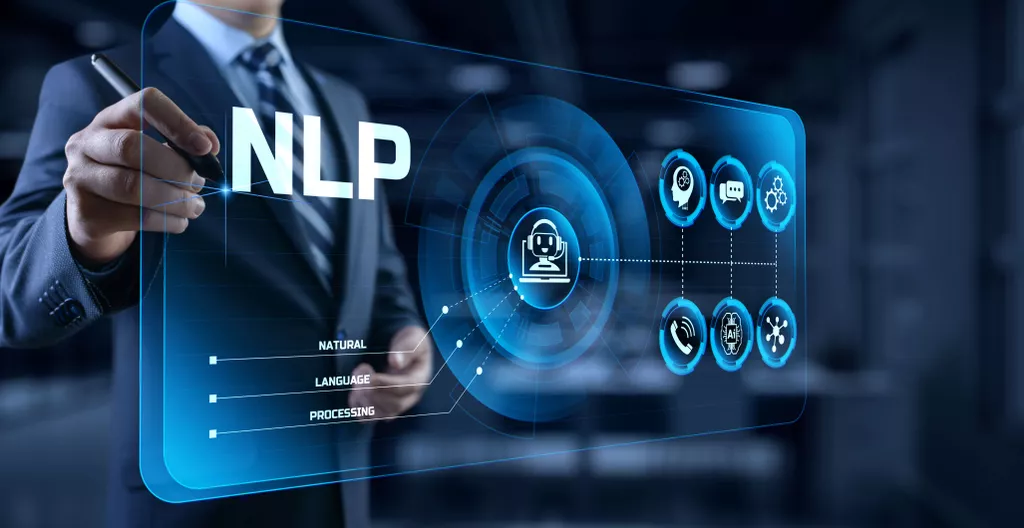These types of methods use one neural network as a Generator and the second as a Discriminator. The Generator is used to create the image based on the input caption, while the Discriminator classifies the generated images as either real or fake. Fake images are sent back to train the Generator to trick the Discriminator, and when successfully tricked the final images can be displayed to the user requesting the prompt. There are still a lot of limitations, but the world of Artificial Intelligence has grown a great deal in the past decades. We also only looked at two methods today, but there are many others out there. In modern times, robotic task forces have become common across industries.
Which algorithm is used for image recognition?
Some of the algorithms used in image recognition (Object Recognition, Face Recognition) are SIFT (Scale-invariant Feature Transform), SURF (Speeded Up Robust Features), PCA (Principal Component Analysis), and LDA (Linear Discriminant Analysis).
Various computer vision APIs have been developed since the beginning of the AI and ML revolution. The top image recognition APIs take advantage of the latest technological advancements and give your photo recognition application the power to offer better image matching and more robust features. Thus, hosted API services are available to be integrated with an existing app or used to build out a specific feature or an entire business. Because the machine does not know what it should or shouldn’t create, it will try to make anything you give it.
Object Recognition Applications in 2022
The type of social listening that focuses on monitoring visual-based conversations is called (drumroll, please)… visual listening. How do we understand whether a person passing by on the street is an acquaintance or a stranger (complications like short-sightedness aren’t included)? Apart from the security aspect of surveillance, there are many other uses for image recognition. For example, pedestrians metadialog.com or other vulnerable road users on industrial premises can be localized to prevent incidents with heavy equipment. Surveillance is largely a visual activity—and as such it’s also an area where image recognition solutions may come in handy. By analyzing real-time video feeds, such autonomous vehicles can navigate through traffic by analyzing the activities on the road and traffic signals.
How does image recognition really work?
How does Image recognition work? Typically the task of image recognition involves the creation of a neural network that processes the individual pixels of an image. These networks are fed with as many pre-labelled images as we can, in order to “teach” them how to recognize similar images.
An algorithm or model can identify the specific element, just as it can simply assign an image to a large category. Papert was a professor at the AI lab of the renowned Massachusetts Insitute of Technology (MIT), and in 1966 he launched the “Summer Vision Project” there. The intention was to work with a small group of MIT students during the summer months to tackle the challenges and problems that the image recognition domain was facing. The students had to develop an image recognition platform that automatically segmented foreground and background and extracted non-overlapping objects from photos. The project ended in failure and even today, despite undeniable progress, there are still major challenges in image recognition. Nevertheless, this project was seen by many as the official birth of AI-based computer vision as a scientific discipline.
The Advantages of Automatic Table Detection
First, a neural network is formed on an Encoder model, which ‘compresses’ the 3Ddata of the cars into a structured set of numerical latent parameters. The output of the model was recognized and digitized images and digital text transcriptions. Although this output wasn’t perfect and required human reviewing, the task of digitizing the whole archive would be impossible otherwise. Marketing insights suggest that from 2016 to 2021, the image recognition market is estimated to grow from $15,9 billion to $38,9 billion. Click To Tweet It is enhanced capabilities of artificial intelligence (AI) that motivate the growth and make unseen before options possible.

Once all the training data has been annotated, the deep learning model can be built. All you have to do is click on the RUN button in the Trendskout AI platform. At that moment, the automated search for the best performing model for your application starts in the background.
What is end-to-end AI search?
Many different industries have decided to implement Artificial Intelligence in their processes. Python is an IT coding language, meant to program your computer devices in order to make them work the way you want them to work. One of the best things about Python is that it supports many different types of libraries, especially the ones working with Artificial Intelligence. In case you want the copy of the trained model or have any queries regarding the code, feel free to drop a comment. Here is an example of an image in our test set that has been convoluted with four different filters and hence we get four different images. In the coming sections, by following these simple steps we will make a classifier that can recognise RGB images of 10 different kinds of animals.

Once a model is trained, it can be used to recognize (or predict) an unknown image. Notice that the new image will also go through the pixel feature extraction process. What if I told you that, today, there are machines that can view the outside world in greater detail than you, a human?
Working of Convolutional and Pooling layers
As with human inspectors, machines may be taught to discover flaws that prohibit a product from satisfying quality standards, such as mold on food or paint chips. The inspection of different parts during packaging, when the machine does the check to determine if each part is there, is another common use. Accuracy in picture identification is the primary metric for evaluating image recognition tools.
- Each network consists of several layers of neurons, which can influence each other.
- The same goes for image recognition software as it requires colossal data to precisely predict what is in the picture.
- Machine learning is a subset of AI that strives to complete certain tasks by predictions based on inputs and algorithms.
- The recent advancement in artificial intelligence and machine learning has contributed to the growth of computer vision and image recognition concepts.
- To prevent these boxes from overlapping, SSDs use a grid with various ratios to divide the image.
- Today, image recognition tools are employed by security and surveillance systems across sectors.
As the data is high-dimensional, it creates numerical and symbolic information in the form of decisions. Apart from image recognition, computer vision also consists of object recognition, image reconstruction, event detection, and video tracking. Every day, medics worldwide make decisions on which human lives depend. Despite years of experience and practice, doctors can make mistakes like any other person, especially in the case of a large number of patients.
Traditional machine learning algorithms for image recognition
An algorithm splits data into a number of clusters based on the similarity of features. One of the main factors for the success and accuracy of Optical Character Recognition (OCR) is the quality of the image. The closer you can get an image to its original printed form, the easier it will be to figure what is in it.

Solve any video or image labeling task 10x faster and with 10x less manual work. This is due to the increase in demand for autonomous and semi-autonomous vehicles, drones (military and domestic purpose) wearables, and smartphones. Moreover, the rising adoption of Industry 4.0 and automation in manufacturing industries has further stimulated the demand for Computer Vision. Image recognition is most commonly used in medical diagnoses across the radiology, ophthalmology and pathology fields. Contrarily to APIs, Edge AI is a solution that involves confidentiality regarding the images. The images are uploaded and offloaded on the source peripheral where they come from, so no need to worry about putting them on the cloud.
How does machine learning recognize images?
Machines don't have a look at the whole image; they are only interested in pixel values and patterns in these values. They simply take pixel patterns of an item and compare them with other patterns.

